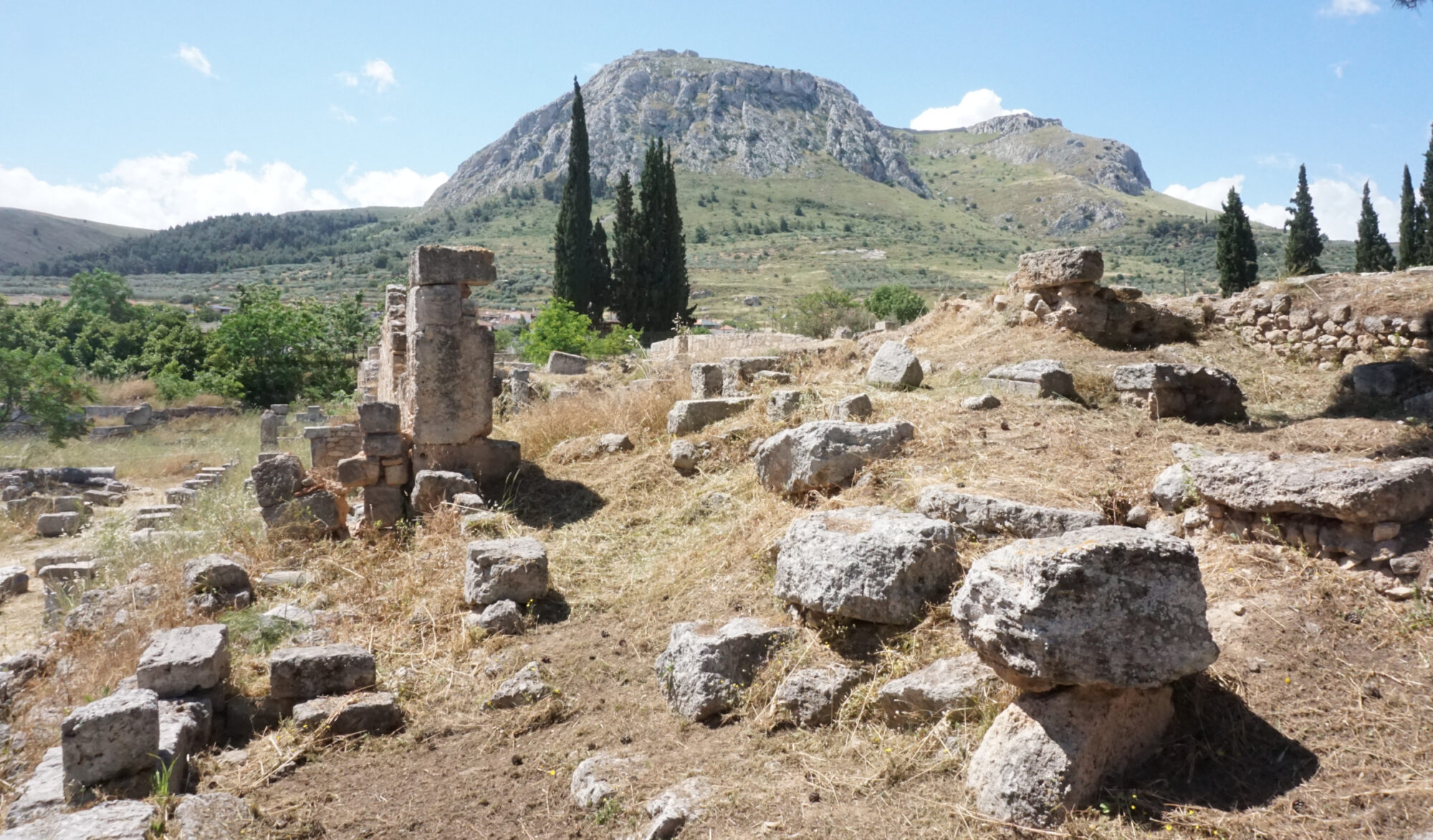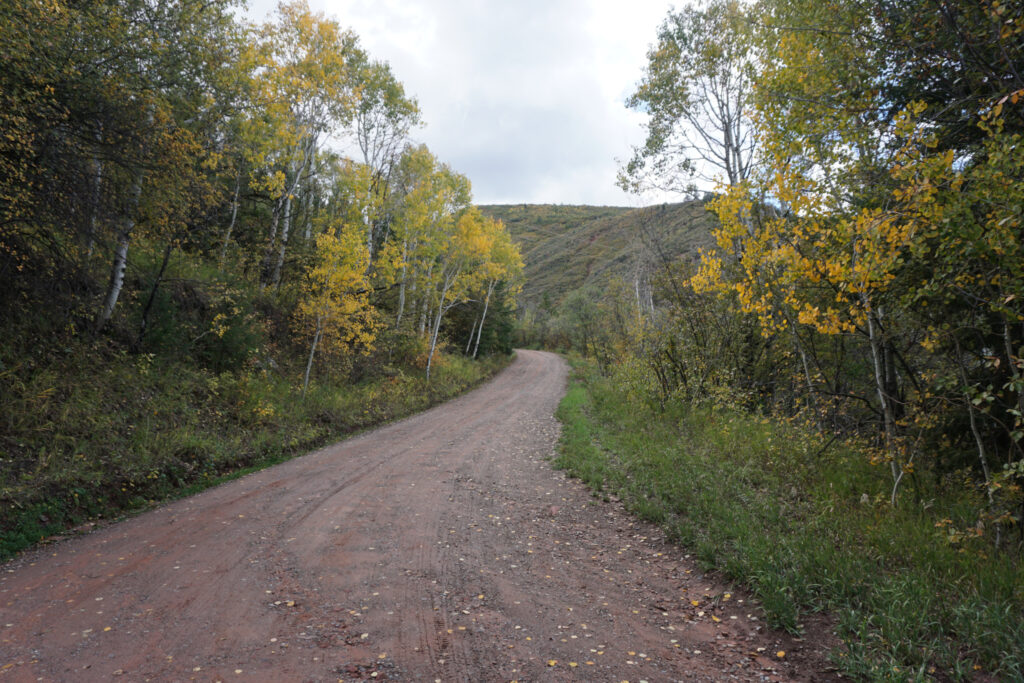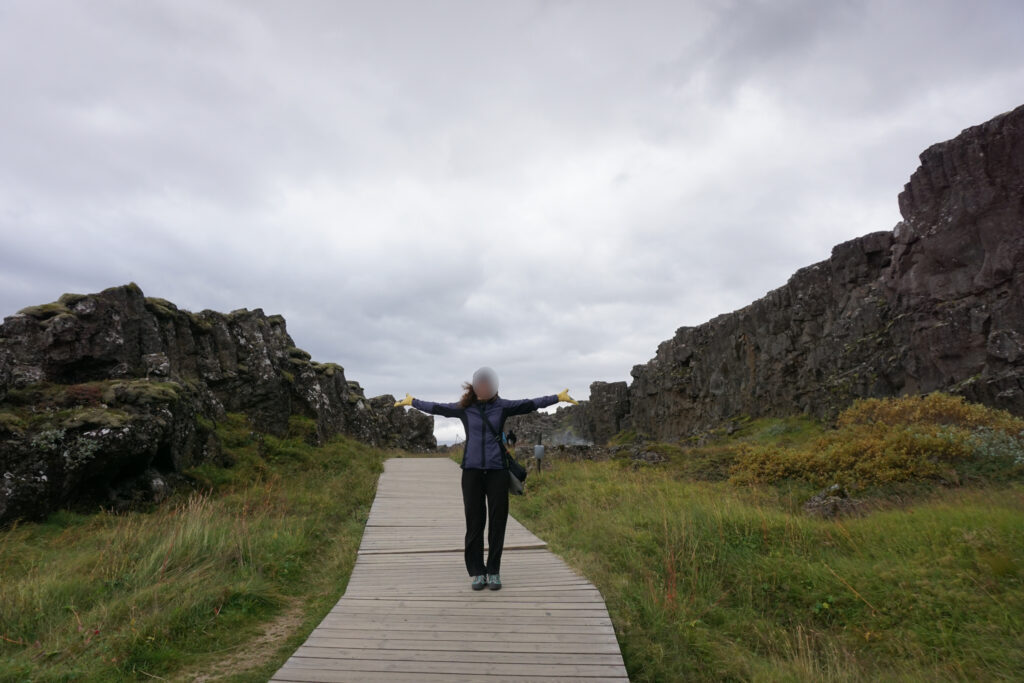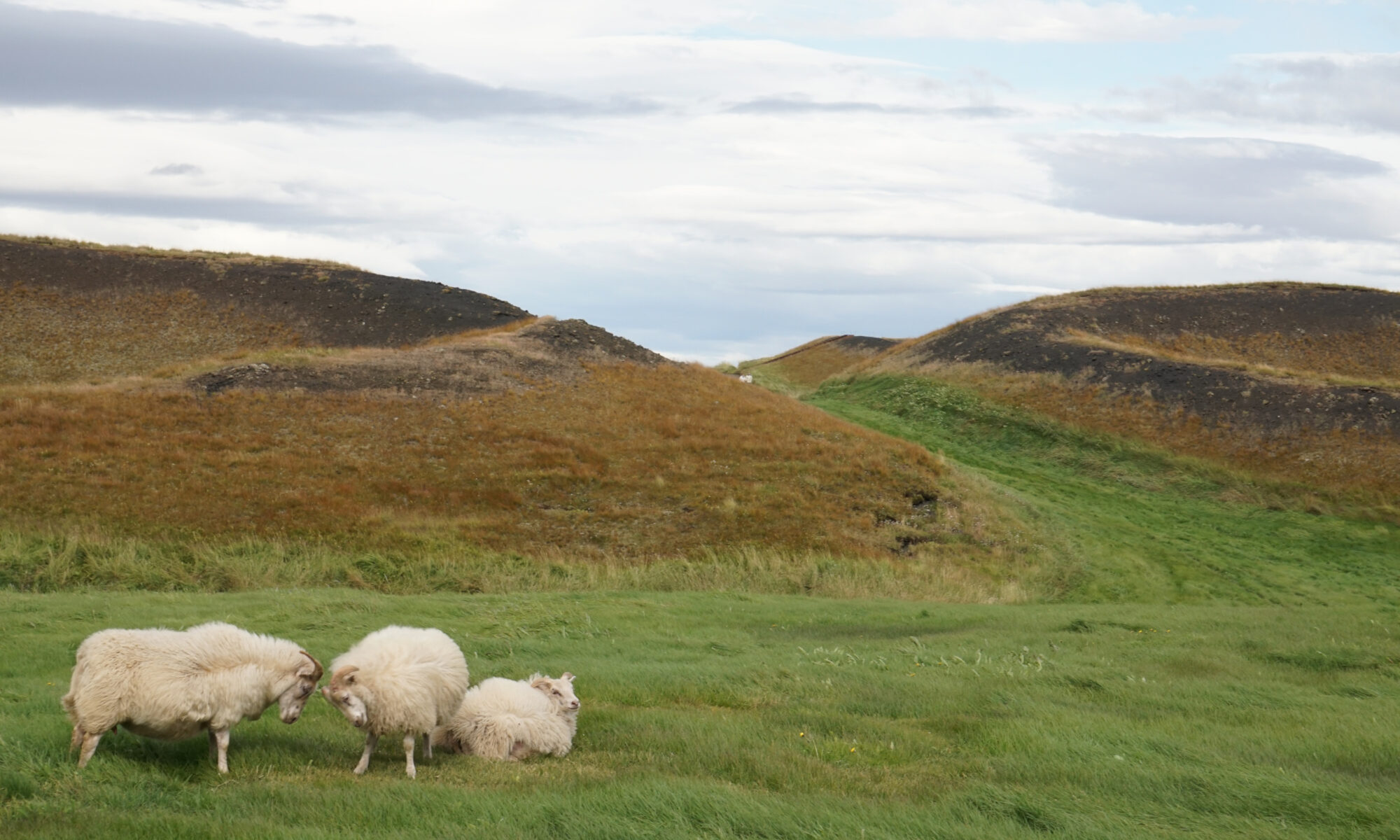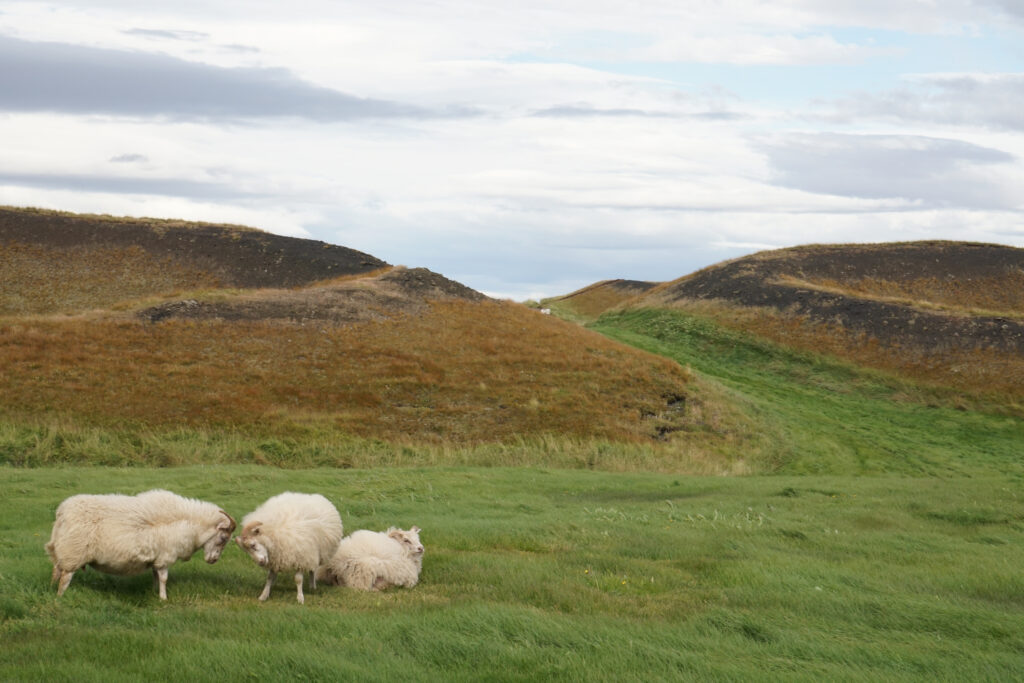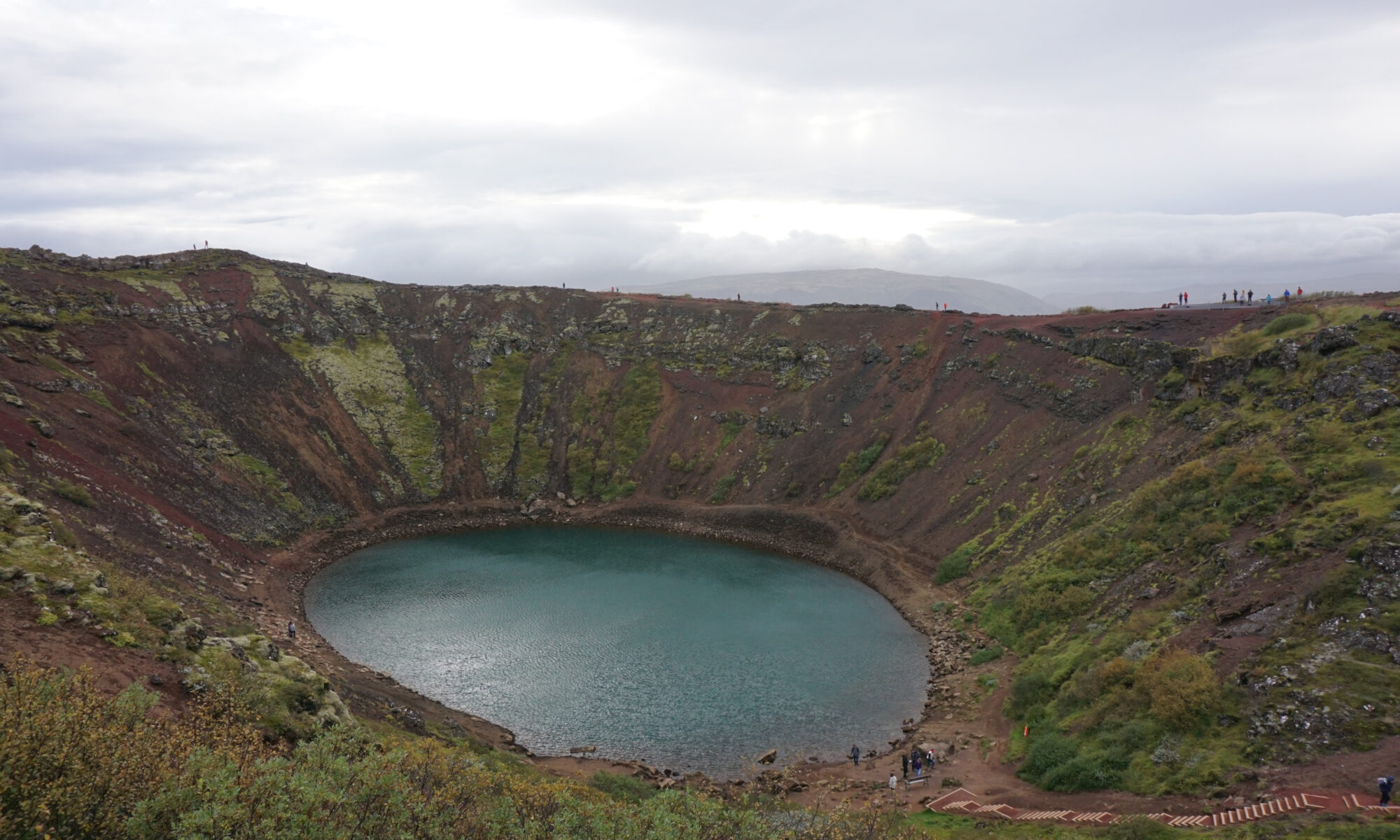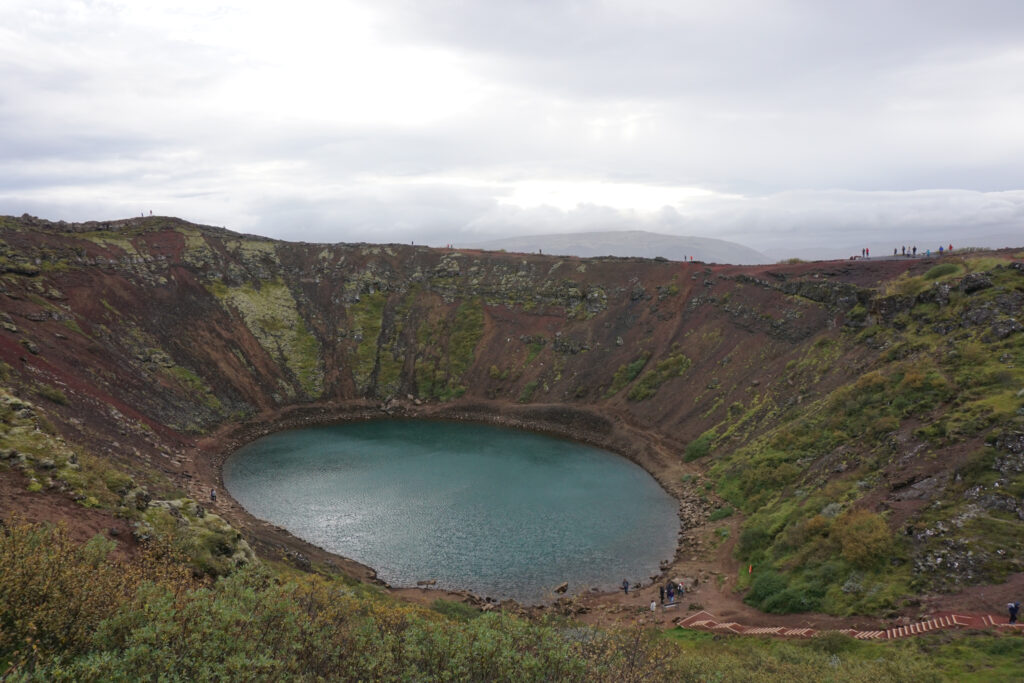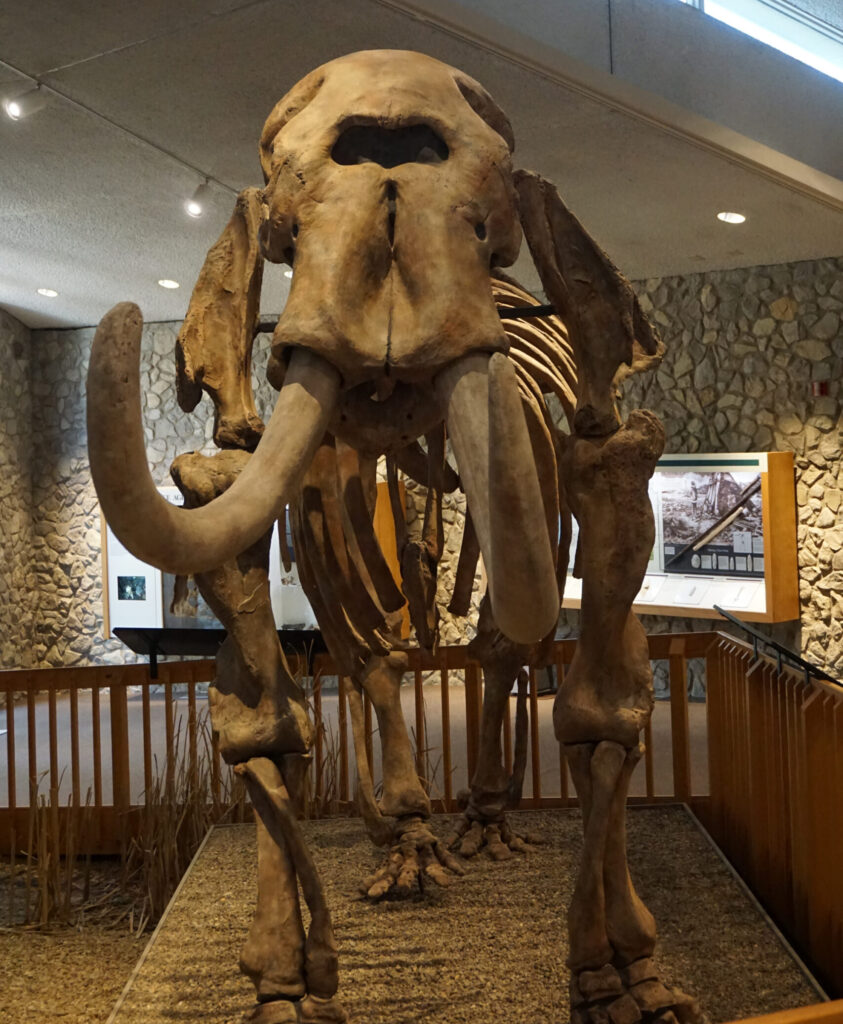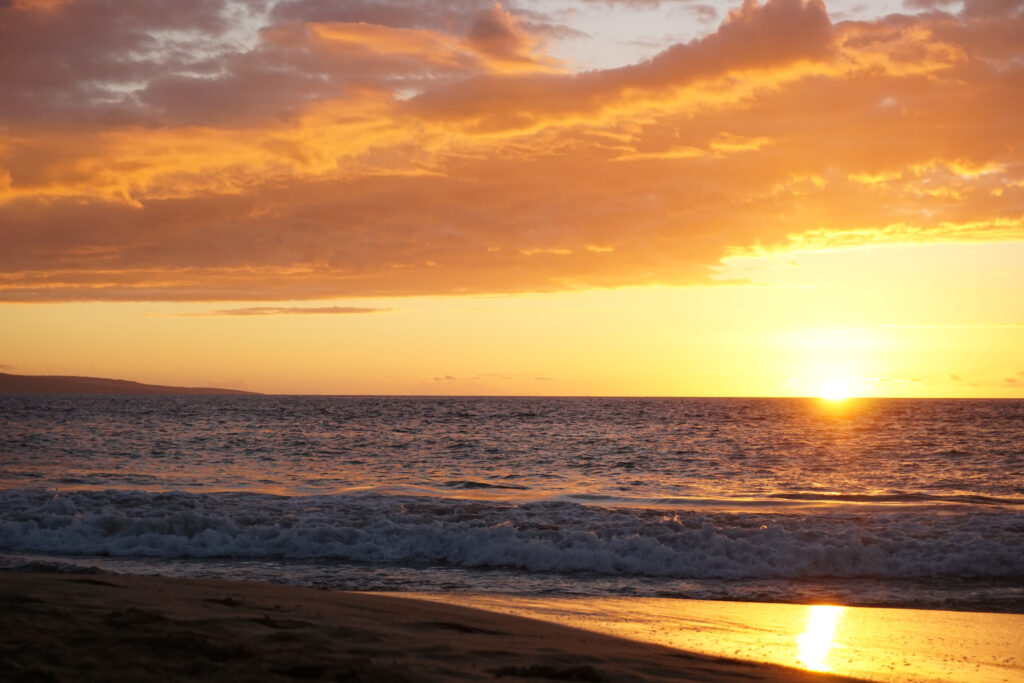Psalm 100:4 (ESV)—"Enter His gates with thanksgiving and His courts with praise. Give thanks to Him, bless His name."

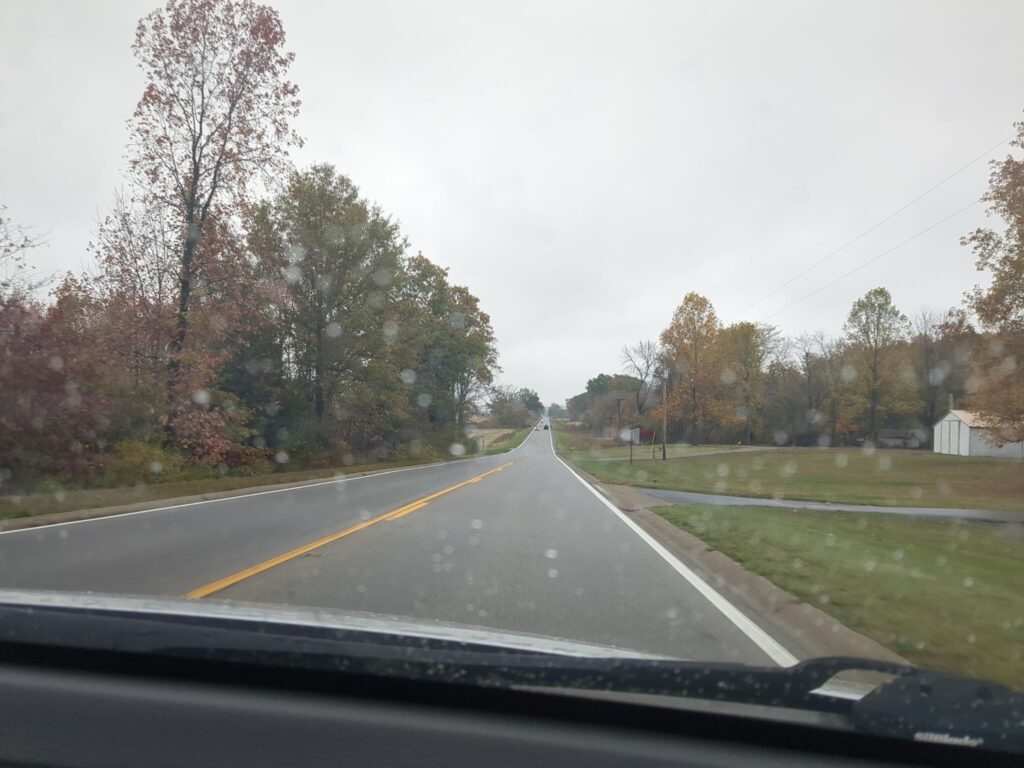
Months ago, I booked accommodation four hours from home for my hubby and I to enjoy a weekend of hiking and fall colors. While the fall colors part came true, the hiking did not. Rain poured down. All. Day. Long. I sat on the porch swing and read a book while my hubby napped, though I eventually went inside because of the chill in the air. We also ate dinner out, though the drive through the country in the dark and rain made for slow going and white-knuckling the steering wheel (or so I assume; I sat in the passenger seat and hoped for a safe arrival and return to and from the restaurant).
I admit, my attitude wasn’t pristine during this trip; I couldn’t seem to enter “His gates with thanksgiving and His courts with praise.” God had given me a weekend with my hubby to explore a new area, and rather than cheer, I held disappointment in my heart. Yes, we shared moments of joy, such as when I saw a sign proclaiming the hometown of a famous actor/writer/singer. We also ate at a burger joint in the middle of nowhere, one I’d had on my travel list for a while.
After a night, we decided to cut our weekend short and spend the final day at home. On the drive home, we located the grave of famous actor/writer/singer, my interest piqued because he voice-acted in one of my favorite Christmas movies. The following day, we read books in our cozy chairs and visited the local coffee shop for pastries—a scandalous Monday, for sure. We delighted in being with one another, as we’d planned in the first place. On this day, I thanked God and gave him praise.
Comparing the two days, I see the discrepancy in my attitude and know I have room for improvement. The rainbows-and-sunshine moments allow for ease of giving thanks and praise. The dense fog of negativity makes for fight-or-flight moments when I can choose to dwell in the dank dimness or I can choose God, a light that never dims but waits for me in all circumstances.
